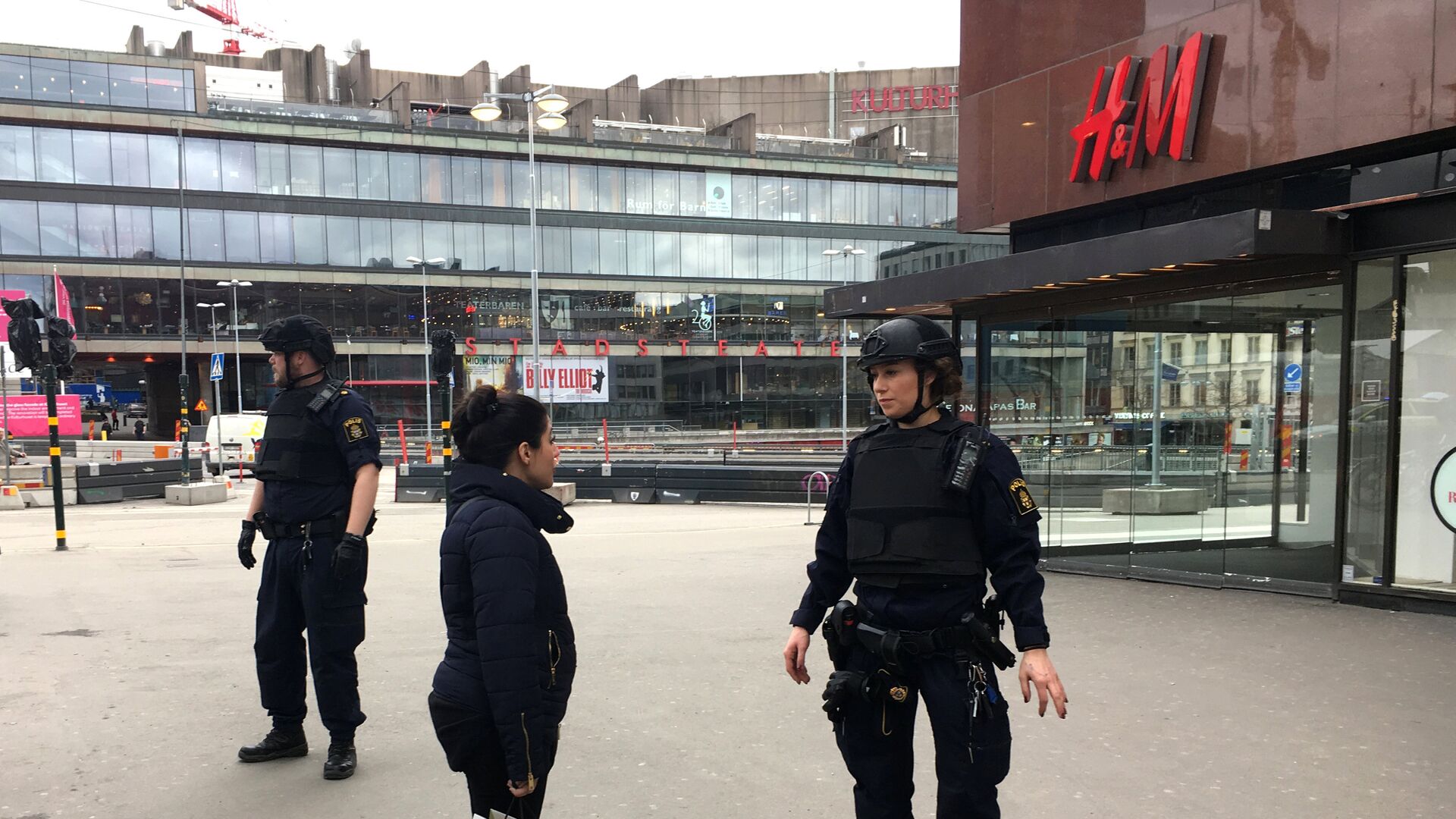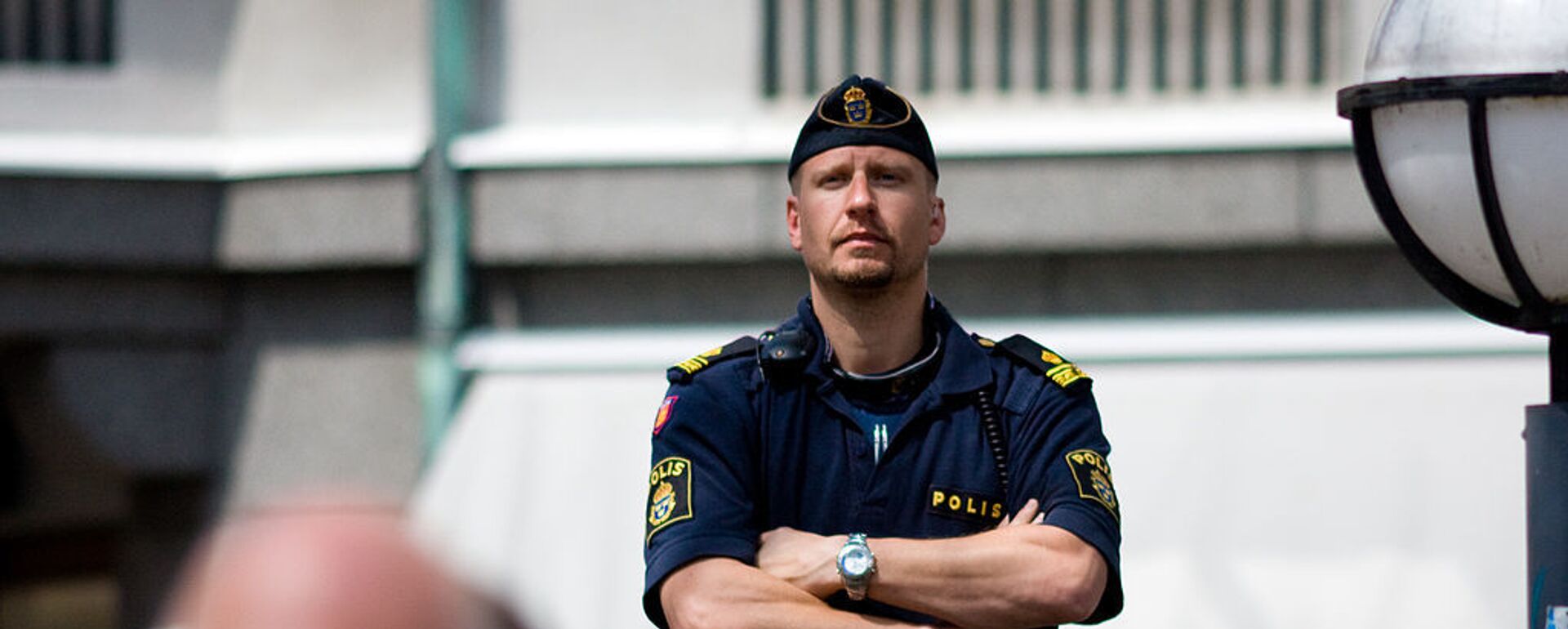Third of Swedish Police in Blighted Areas Have Mental Issues – Survey

© REUTERS / Ilze Filks
Subscribe
Sweden currently has 60 blighted areas marked by high crime rates, social exclusion, unemployment, and a high immigrant population. These are often labelled no-go zones, as even emergency services and law enforcement agencies are sometimes attacked by criminal gangs.
One third of Swedish police officers serving in the country's numerous vulnerable areas, which critics tend to label "no-go zones" and "ghettos", have symptoms of mental disorders, including depression and irritability, a broad survey conducted by Umeå University has concluded.
According to researcher Jonas Hansson, this is a major problem, not only for individual police officers, but for society as a whole, as it affects how well they perform their job.
Police officers in external service must be able to create trust by both setting boundaries and building relationships, which places high demands on mental balance, Jonas Hansson explained to national broadcaster SVT.
According to researcher Jonas Hansson, this is a major problem, not only for individual police officers, but for society as a whole, as it affects how well they perform their job.
Police officers in external service must be able to create trust by both setting boundaries and building relationships, which places high demands on mental balance, Jonas Hansson explained to national broadcaster SVT.
"One day the police may be pelted with stones in an area, and the next day they will be there to forge relationships", he said, arguing that this is a service where having a bad day is not an option.
Furthermore, he argued that mental health issues of police officers are a real problem that is not taken seriously enough.
"There is a lot of wear and tear on the few".
Meanwhile, even the police union has described concerns and frustration among its members.
"Many are considering quitting and we need to keep every police officer now", Lena Nitz, chairwoman of the Swedish Police Confederation told SVT.
Lena Nitz described a tough work environment for police officers on the beat, with a high workload and high exposure to violence and threats. According to her, the nature of the threats has also changed.
"It targets one's privacy and has become rougher", she stressed.
According to her, the solution is to put more police officers on duty.
"It is safer in numbers, the probability that you make the right decision increases if you are rested and have more colleagues", Nitz said. "However, I am worried that more people will quit", she said.
Vulnerable area is a term applied by the Swedish police and politicians to areas with high crime rates, social exclusion, unemployment, and a high immigrant population. These areas are sometimes referred to as no-go zones, as emergency services such as fire engines and ambulances experience problems driving into these areas during a tense situation without a police escort as they will be attacked by criminal gangs. As of now, Sweden has 60 such areas, spread over three categories based on the level of exposure.
Per the Swedish Defence University, of those who have travelled from Sweden to conflict zones to participate in terrorist activities, 70 percent were residents of vulnerable areas.
While the Swedish authorities fiercely oppose critics labelling these areas "ghettos", this is the preferred term utilised in official parlance in neighbouring Denmark.

